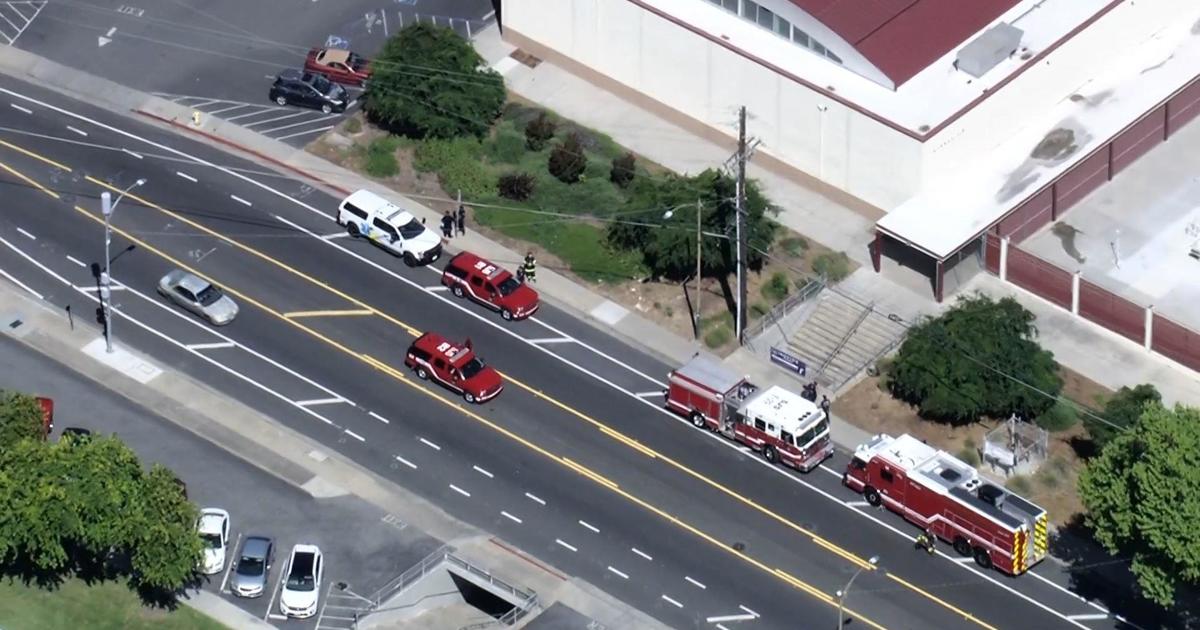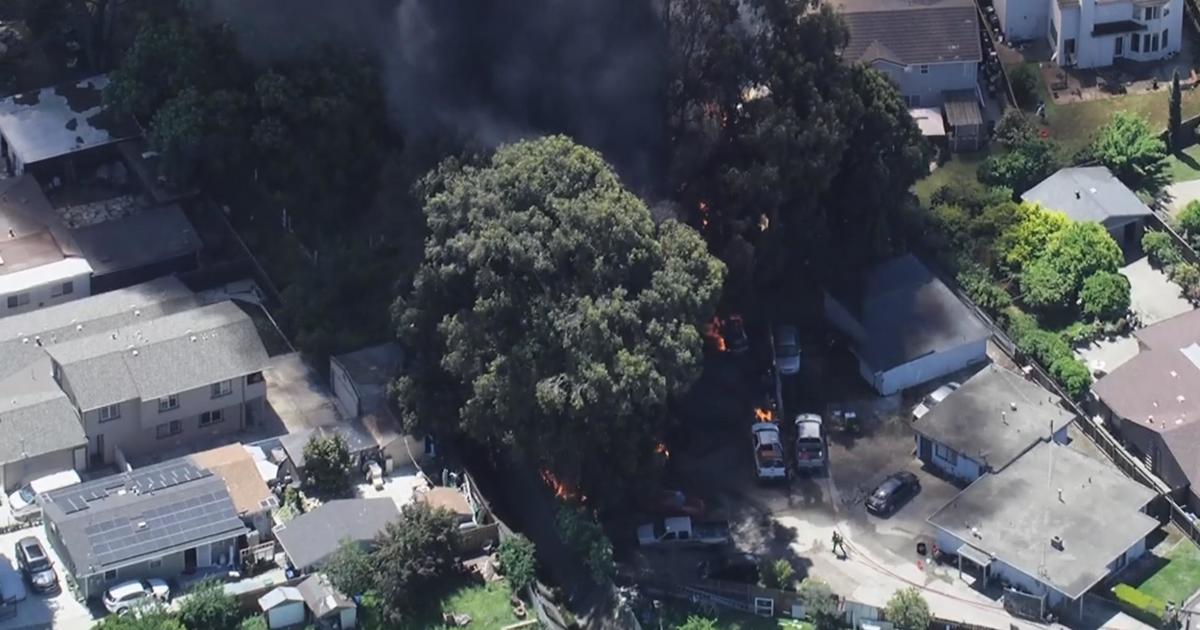Wildfire Season: Santa Rosa Declares Very Early Start For Fire Season
SANTA ROSA (CBS SF) -- The Santa Rosa Fire Department plans to officially declare the start of the area's wildfire season on May 17 -- significantly earlier than previous years.
Severe drought conditions and several Red Flag Warnings in recent days guided the department's decision. Now the department will reach out to residents about removing fuel for wildfires off their properties and preparing for possible blazes.
"Since 2017, our community has experienced several damaging and even deadly wildfires," said Santa Rosa Fire Chief Scott Westrope. "We're now faced with drought conditions and the potential for another long and significant fire season. I ask that the community please take the appropriate measures to protect your home and your property this fire season. Your efforts will not only help prepare and protect you, but they will contribute to the protection of our community as a whole."
READ MORE: Residents Returning Home From Glass Fire Evacuations Brace For Long Clean-Up Process
Westrope referred to the 2017 Tubbs fire, the most destructive wildfire in California's history at the time. According to the city, the fire killed 24 people and destroyed 5,300 homes -- and estimated 5% of the housing there.
The massive Glass Fire struck the city in August and September of last year, roaring through 67,484 acres in Sonoma and Napa counties, destroying 642 homes and laying to waste 365 commercial buildings, including nearly two dozen wineries.
READ MORE: PG&E Claims Private Power Line Sparked Tubbs Fire
This year looks like there could be more wildfires due to the area being extremely dry. In anticipation of a possible blaze, fire officials asked residents, especially those who live within or around the City's Wildland Urban Interface (WUI) area, to take proactive measures.
What residents can do to prepare for wildfire season:
- Maintain a 'defensible space' of at least 30 feet around the home; trim back trees, especially low hanging branches and branches near rooflines a distance of at least 10 feet.
- Clean the roof and the gutters of debris.
- Rake up and remove leaves from around your home and from under decks.
- Move wood pile and other combustible materials away from your home or deck.
- Inspect and repair exterior siding, including dry rot, gaps, cracks, and warping to protect your home from embers.
- Review emergency plans and evacuation procedures and discuss with all household members.
- Take stock of emergency essentials like food and water and assessing "Go Bag" needs such as clothing, medicine, and important documents.



